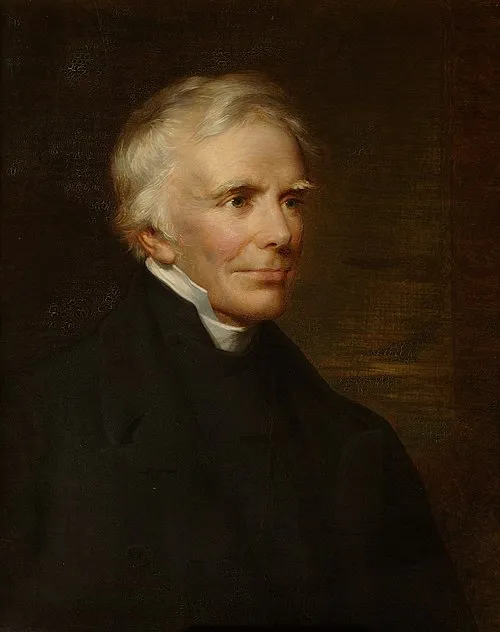
John Keble: A Key Figure in the Oxford Movement of the Church of England
John Keble was a significant theologian and poet in the 19th century, best known for his role in the Oxford Movement, which sought to revive the Church of England's Catholic heritage. His profound influence on Anglicanism continues to resonate today, making him an essential figure in religious history.
Early Life and Education
Born on April 25, 1792, in Fairford, Gloucestershire, John Keble was the son of a humble vicar. He was educated at Corpus Christi College, Oxford, where he distinguished himself academically. Keble's spiritual journey began early, leading him to become a fellow of the college by 1815. His education laid the groundwork for his later theological pursuits, shaping his views on the Church and its place in society.
The Oxford Movement
The Oxford Movement emerged in the 1830s, aiming to re-establish the theological and liturgical traditions of the Anglican Church that were perceived to have been diminished over time. Keble's sermon on “National Apostasy” delivered in 1833 is credited as the catalyst for the movement. In this sermon, he lamented the decline of the Church and called for a return to a more sacramental and liturgical practice, emphasizing the importance of tradition and the sacramentality of the Church.
Contributions to Anglican Theology
Keble's writings, particularly The Christian Year, published in 1827, illustrate his deep devotion and theological insight. This collection of poetry became popular for its ability to express the spiritual journey of the Christian life. Keble’s work resonated with many, providing a heartfelt exploration of faith throughout the liturgical year.
In addition to his poetic contributions, Keble's theological writings were profound. He contributed to the Tracts for the Times, a series of publications that laid out the principles of the Oxford Movement. Through these tracts, Keble and his colleagues argued for a revival of the Church's Catholic nature, promoting beliefs such as the authority of the Church, the significance of sacraments, and the value of liturgy.
Keble's Later Life and Legacy
In 1835, Keble was appointed as the vicar of Hursley, where he remained for the rest of his life. He was known for his pastoral care, deep spirituality, and dedication to education. Keble's parish work exemplified the principles of the Oxford Movement, as he focused on the needs of his parishioners and the importance of community in the Christian faith.
John Keble passed away on March 29, 1866, but his legacy endures, particularly within modern Anglicanism. He is remembered for his commitment to reinstating the dignity of the Church and its services. His influence is celebrated every year on his feast day, which is observed on July 14 in the Church of England.
Conclusion
John Keble was not only a remarkable poet and theologian but also a pivotal figure in the revival of the Catholic character of the Church of England. His works and teachings continue to inspire countless individuals seeking a deeper understanding of their faith. Through his contributions, Keble has left an indelible mark on the Anglican tradition.






